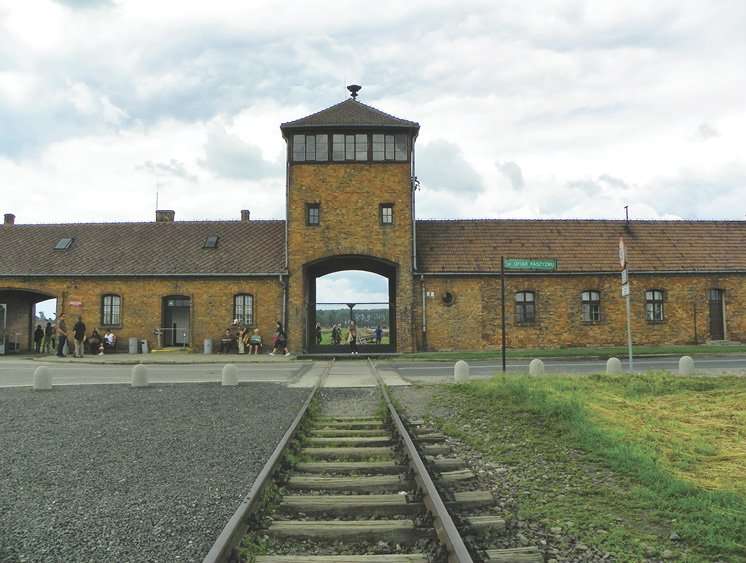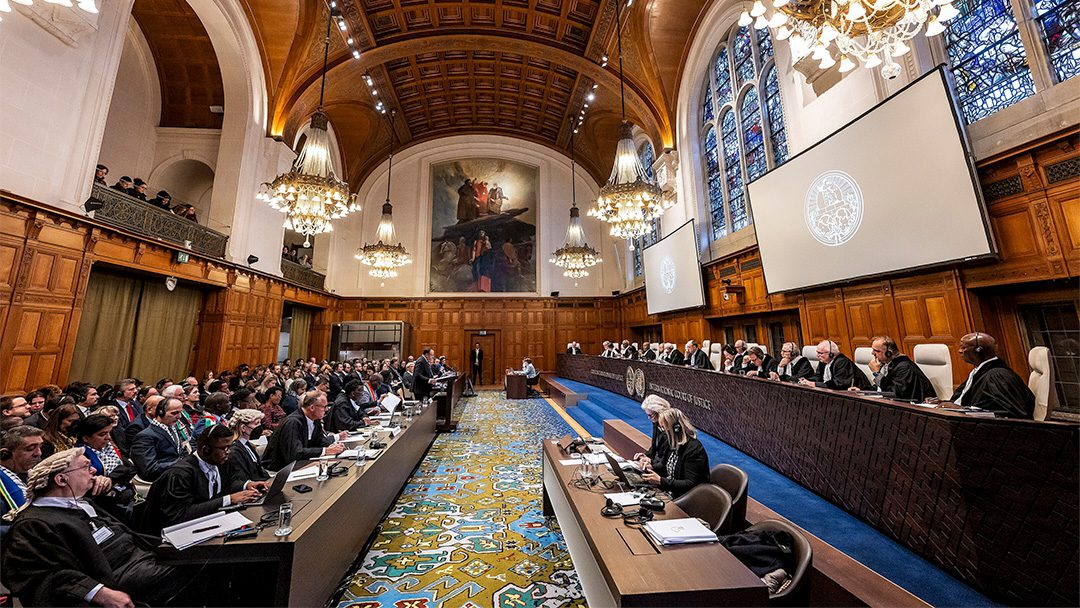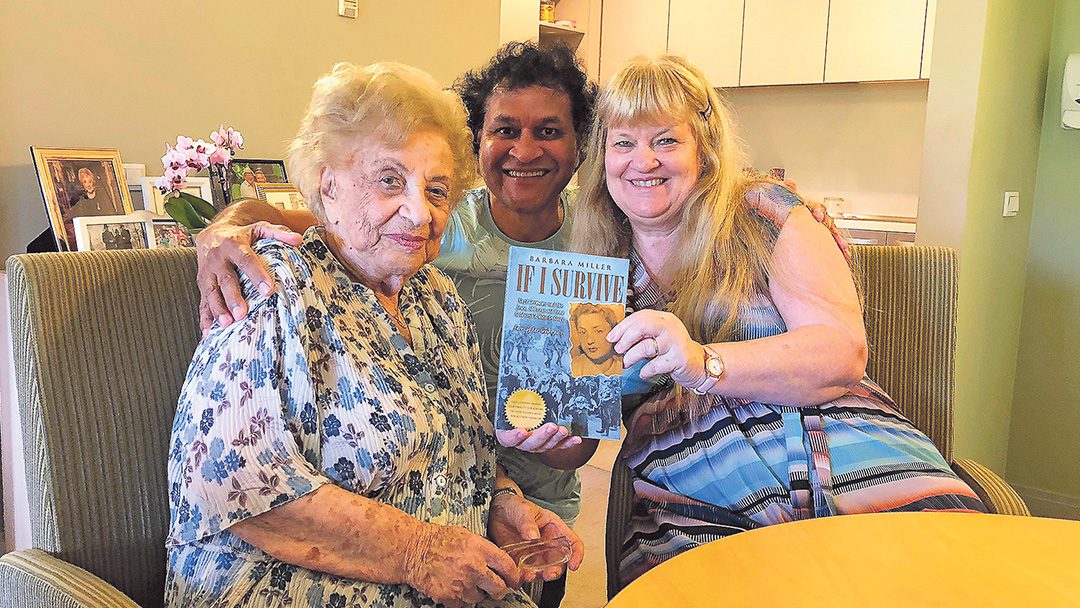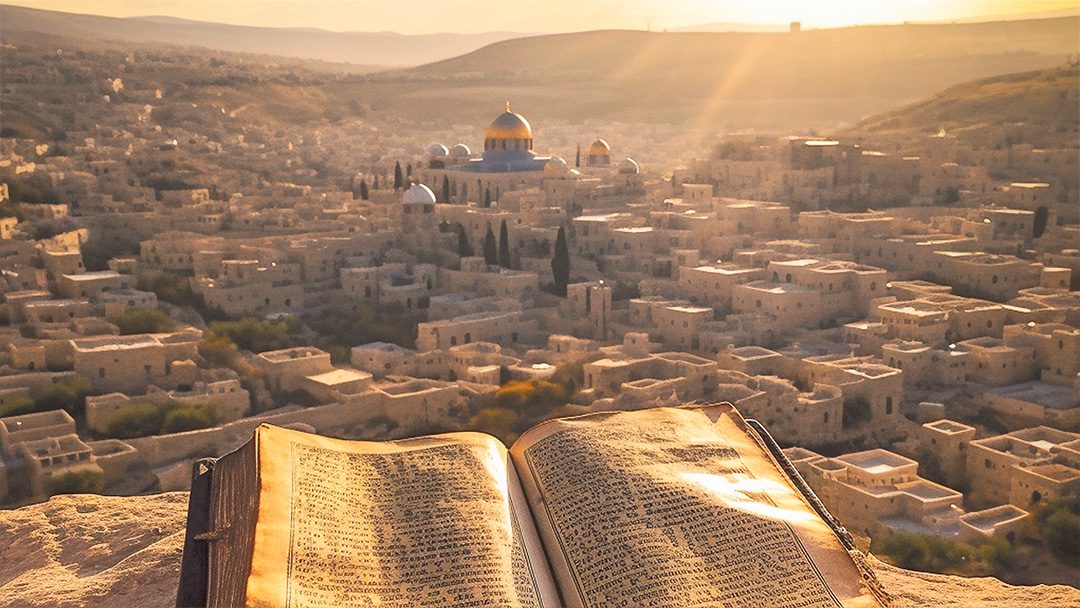The amazing thing about coming to Israel, perhaps especially in summer, is that for all of the fears that people outside of Israel have for her, apparently Israelis themselves are not troubled nearly as much as her supporters overseas are. In Australia we worry for Israel about Iran. We worry about Israel not having a government. We worry about many things. Talking to Israelis in the streets, these issues seemingly are almost as it were, being taken care of—yihye b’seder!—she’ll be right mate! The beaches, the hotels, the restaurants—once again, are all full. Politically, if anyone did want to discuss the next elections, most people cannot believe that Netanyahu will lose, but at the same time, cannot see how he would form a government. Same same. Having been to visit Auschwitz (where my mother had been incarcerated) previously and privately, this was however our first time also visiting the general area my parents were born in and came to Australia from, after enduring the Shoah.
We travelled from Budapest to Munich via Bratislava, Vienna, Krems, Linz, Cesky Krumlov and Passau. In each place we took a guided tour, visited synagogues where they existed (functioning and not) and sampled the very few kosher restaurants in operation. It did not matter where we went, there were features in common. Many of my friends and people whose opinion I respect, have been trying to convince me that Germany et al have learnt their lessons, have erected many memorials and museums and are working to ensure that the past cannot be repeated. They may even be right in small part, but I came away with no such feeling. Yes, Holocaust denial is against the law across some 16 European countries—and when it occurs, action is indeed taken. But I was left with a deep impression of something that I think is worse—Holocaust silence or omission—not a denial, but a wiping out of that period altogether from Europe’s memory. And a revisionist view of the role of much of the populations of Germany and the surrounding countries. In the current representations put to us: the people had limited roles in anything that was bad; the life of the Jew was more or less good before the NAZIs came along and who appeared as if by magic; and the true victims were everybody. That is, in their narrative, the victims were all of the people of Europe—which in a way they were once they suffered the consequences of their actions. But the guides’ emphasis was always strongly on the consequences—the Allied invasions and subsequent damages—and not on the home grown causes. With eight different guides (in buses full of people), in eight different cities there were some oft repeated themes—and remember that these are officially trained guides, who go through approved courses. They’re not just making it up as they go along:
- Initially, no mention of the Shoah at all. There was WW1 and then a big jump to how horrible communism was and the suffering that occurred for decades under Soviet rule. When asked by myself about the Shoah, the response each time was very similar—it was “a horrible period”, and guides stressed, it was “especially important to note that not only the Jews suffered” and in fact whatever country we were in, they all claimed to be victims of the NAZIs themselves.According to the guides, the emphasis was always firstly and mainly on the continual suffering of the general populations of Europe under Nazism, then the Allied bombings and invasion and then the Soviets.
- In Bavaria when I asked the Passau guide if there was a Jewish community there or a synagogue I could visit, he told me with some relief that no Jews were killed in Passau during WW2. Initially I thought that the residents there must indeed be very special. But, he went on to say, the Jews of Passau had been wiped out in the Middle Ages and there had not been a Jewish community there since. What a relief for the good citizens of Passau.
- Centuries of anti-Semitism and a Europe soaked in Jewish blood—not denied, but simply minimised or ‘overlooked’.
- When pushed, guides said that life for Jews in their respective towns and countries was by and large quite good with a typical response being that “prior to the NAZIs invading us, there was almost no anti-Semitism at all.” In particular, the Hungarian guide was insistent on this point.I guess she had forgotten about the 1920 Numerus Clausus, Hungary having been the first country in Europe to enact these restrictions on Jews. Or the Arrow Cross. Or…
- Memorials where they existed in these places at all, were almost exclusively to “the victims of National Socialism”, particularly in Munich, where by the way, when touring the Olympic Stadium, not a single mention was made of the massacre of the Israeli athletes there in 1972.
In some ways, even many ways, it felt like being back in my childhood home albeit in Australia, but with strong European influences. Being in these parts of Europe caused me some nostalgia and conflicted love/hate type feelings. But the future for Jews in Europe seems very bleak to me. And if Hungary indeed has Europe’s third largest Jewish population, well that does not inspire confidence in the future at all. On reflection, it seemed to me that compared to Europe, Israelis are correct. Although their neighbourhood is bad, Israelis have the ability and will to defend themselves. There was a world of difference between the security we felt as Jews and for Jews whilst in Israel, compared to the European countries we visited.












0 Comments